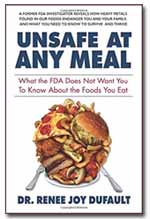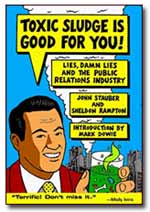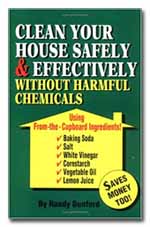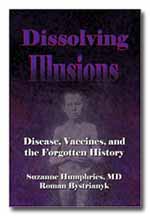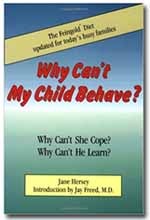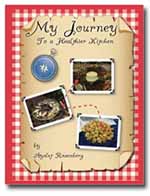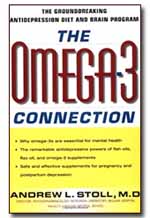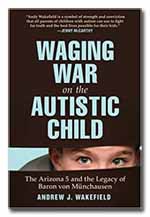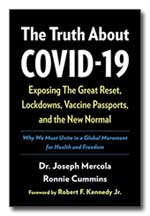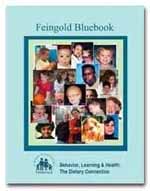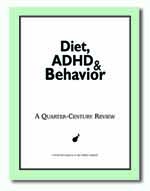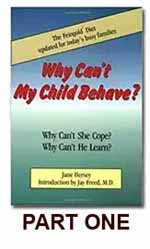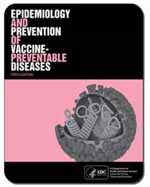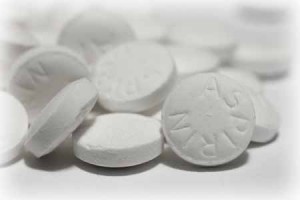 Acta Otorhinolaryngologica Belgica. 1995;49(3): 235-50.
Acta Otorhinolaryngologica Belgica. 1995;49(3): 235-50.
In this review of aspirin-sensitive rhinosinusitis, it is described as a non-allergic, non-infectious perennial eosinophilic rhinitis starting in middle age and rarely seen in children. It may also been seen in atopic patients who have developed a mixed type rhinitis with recurrent airway infections.
There is an intolerance to aspirin and most other NSAID. An intolerance to tartrazine, food additives, alcohol, narcotics and local anaesthetics can follow. Most aspirin-sensitive patients develop nasal polyps. Untreated, it can lead to asthma.
The therapy described includes a number of medications including steroids, aspirin desensitization giving 500 mg aspirin per day with the steroids, or aspirin avoidance. When that fails, surgery to remove the polyps is indicated, although the polyps come back in 90% of cases.
QUOTE: “Unfortunately there is so far no curative treatment. New drugs like cytokine or leukotriene receptor antagonists give hope for better results in treatment of aspirin intolerance in the future.”
NOTE: Unfortunately, the authors ignore the idea of avoiding not only aspirin but other salicylates from the diet.
Some Other Old Studies:
- Sakakibara 1995: Aspirin-induced asthma & nasal polyps
- Grzelewska-Rzymowska 1981: Asthma with aspirin intolerance. Clinical entity or coincidence of nonspecific bronchial hyperreactivity and aspirin intolerance.
- Chudwin 1986: Sensitivity to non-acetylated salicylates in a patient with asthma, nasal polyps, and rheumatoid arthritis
- Pacor 1989: Nasal polyps and food intolerance: is there any correlation?


